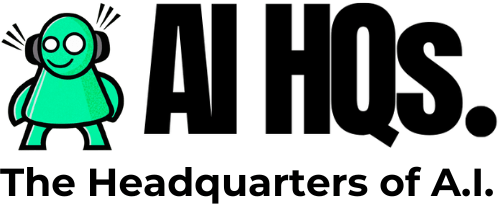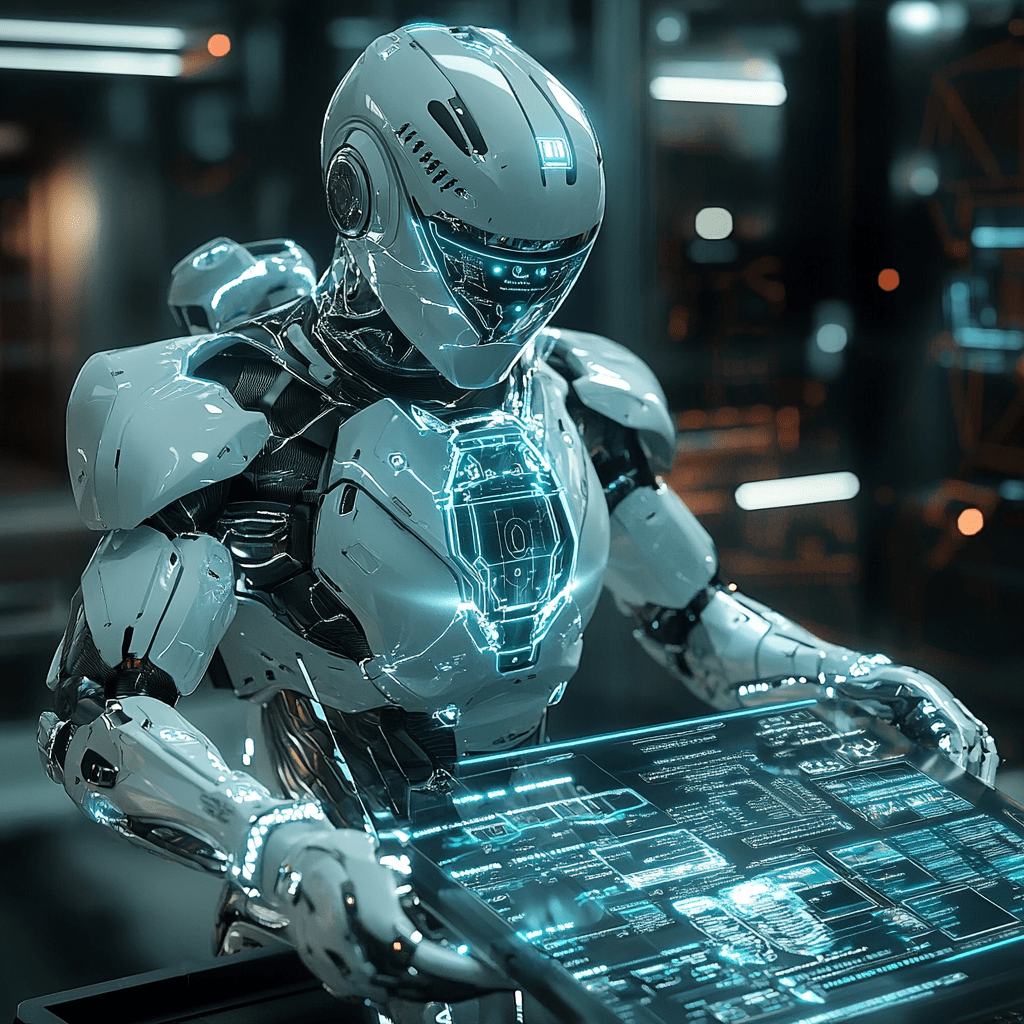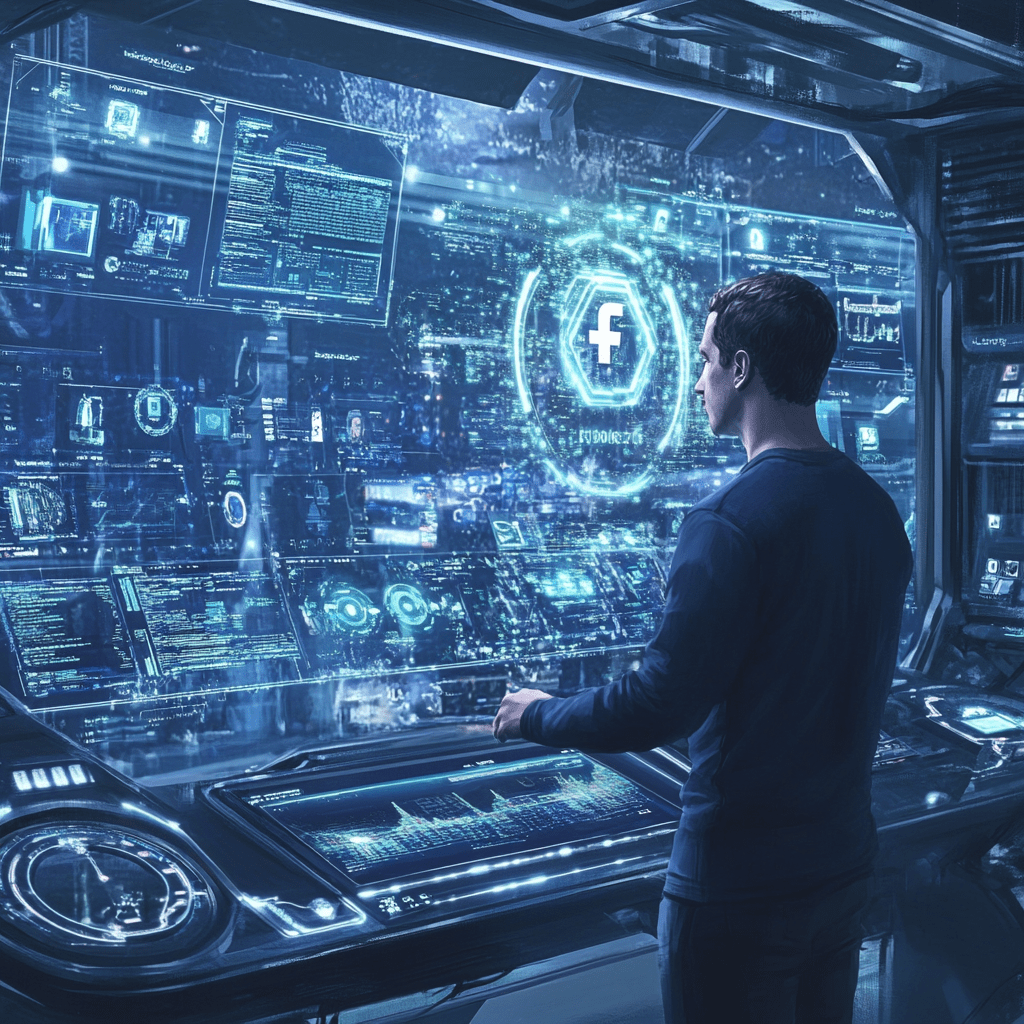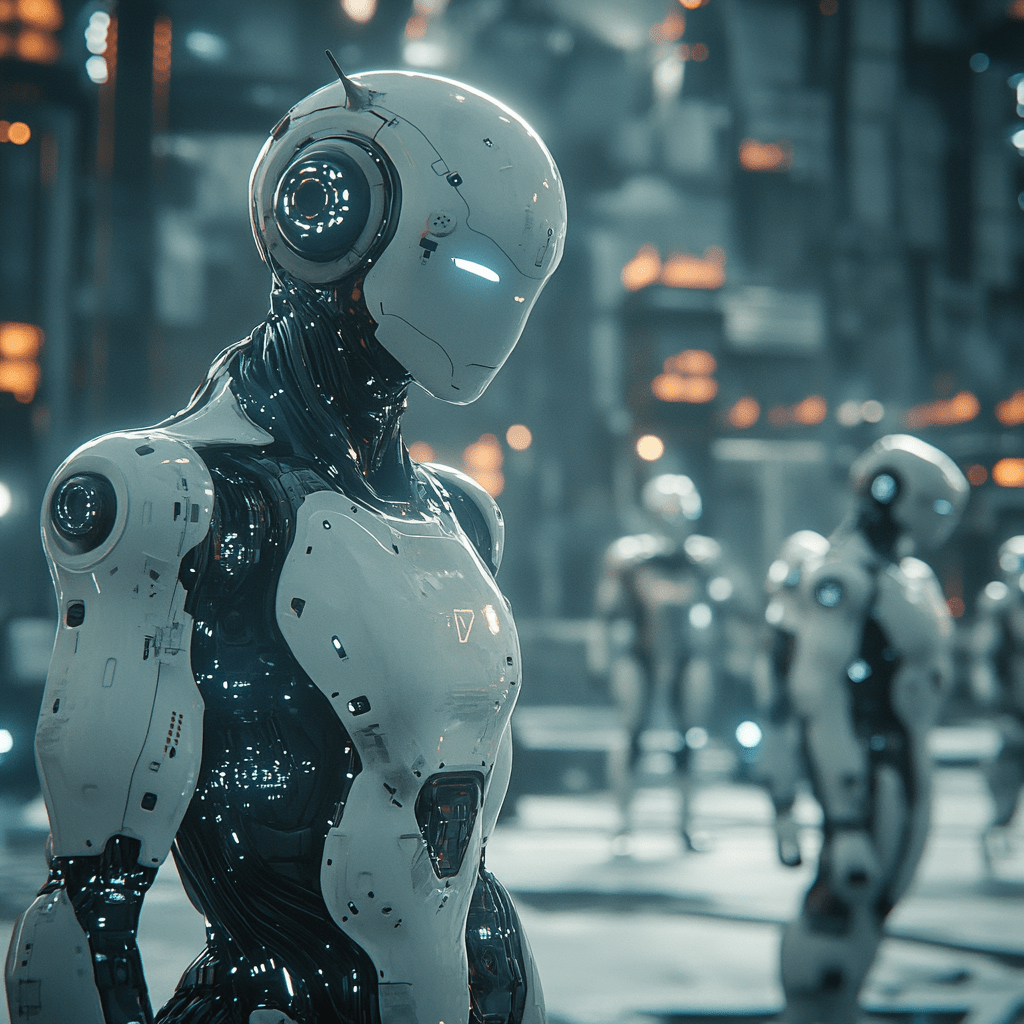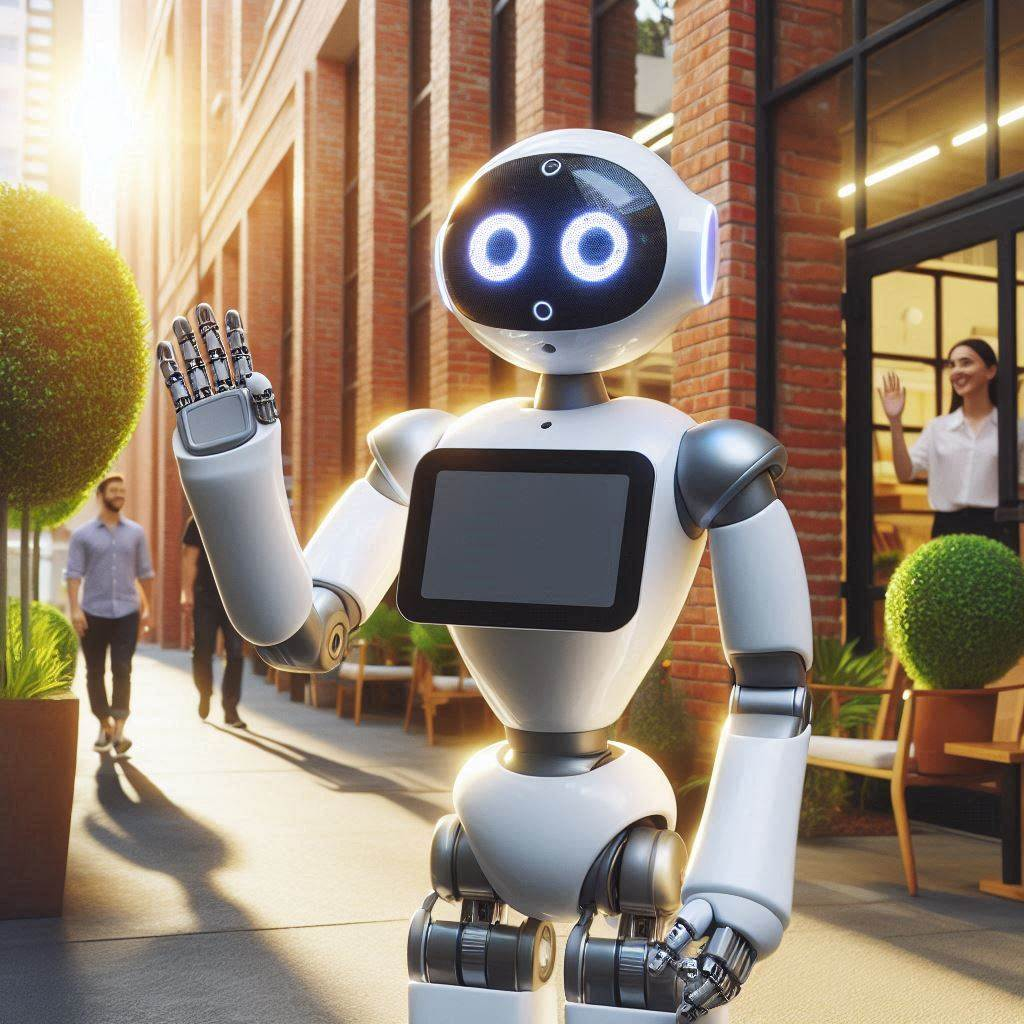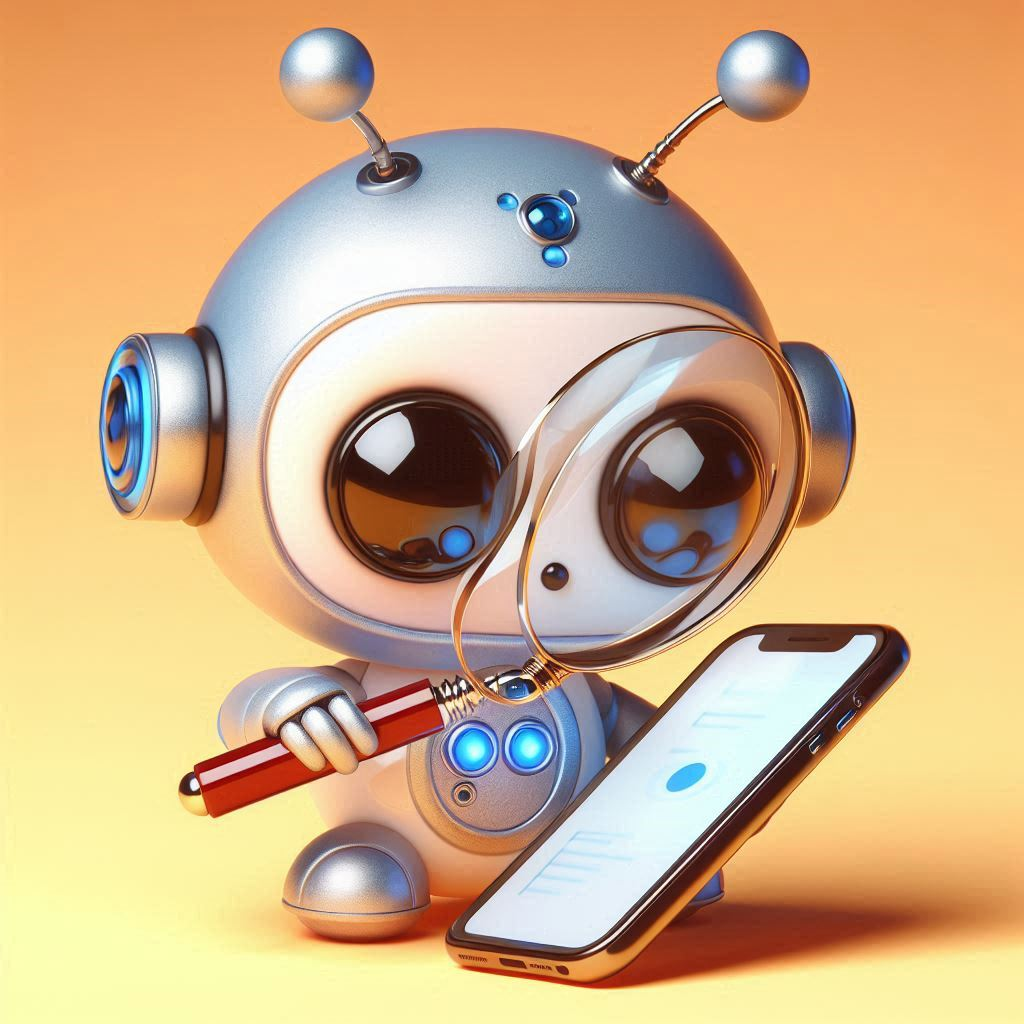AI Copyright Battles: Fair Use vs. Infringement
In the realm of copyright law, recent legal battles between media giants and AI developers have sparked debates about the boundaries of fair use and the implications for the future of artificial intelligence. The dispute between The New York Times and OpenAI over alleged copyright infringement has brought these issues to the forefront, raising questions about the legality of using copyrighted materials to train AI models.
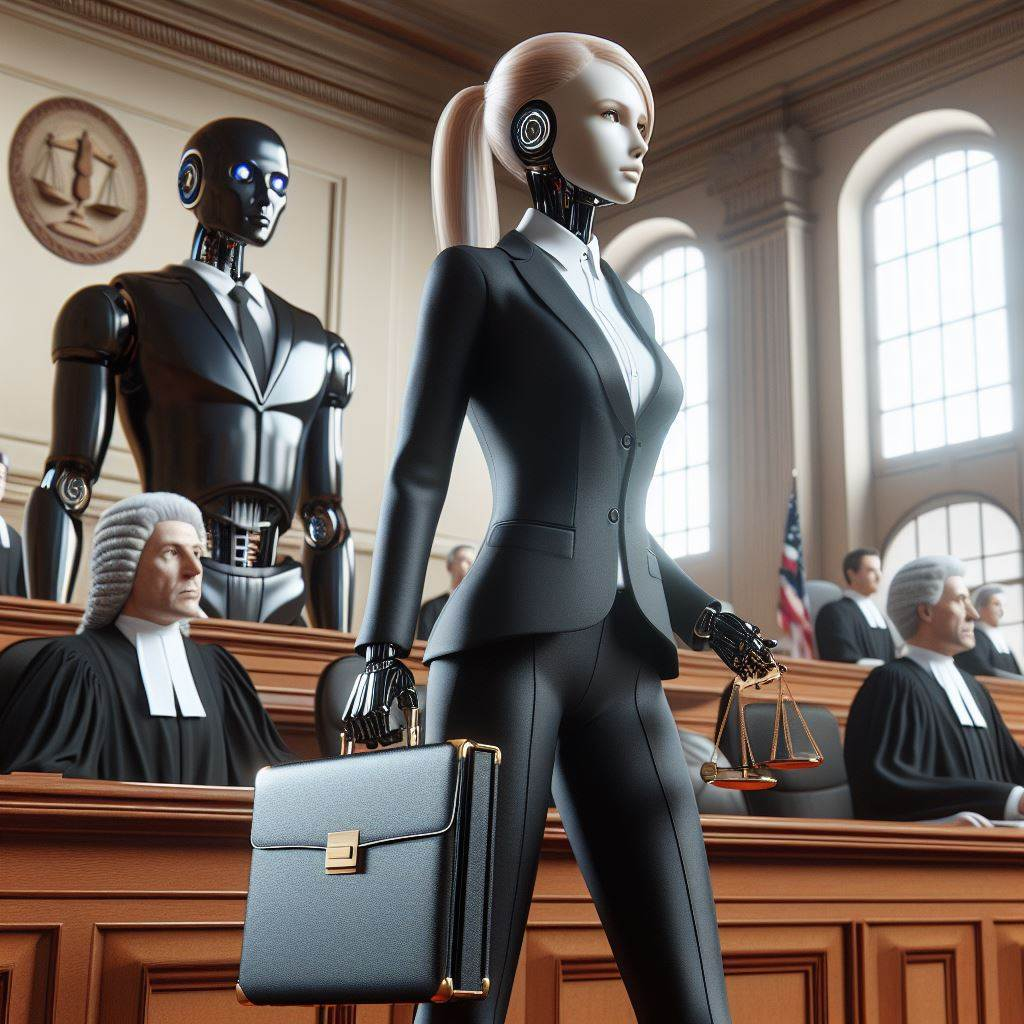
One argument raised by AI advocates is that training AI models using publicly available internet materials falls under fair use, citing precedents such as the 2015 Google Books case. In this case, Google successfully argued that scanning millions of copyrighted books to create a search engine constituted fair use, as it provided transformative value by enabling users to discover books and did not significantly impact the market for the original works.
However, the comparison between AI training and the Google Books case may not be straightforward. While Google’s search engine primarily provided factual information and snippets of text, AI models like GPT-4 have the capability to generate near-verbatim excerpts and even creative works that compete directly with the originals. This presents a unique challenge, as the creative expressions learned by AI models may be protected by copyright.
The legal landscape is further complicated by historical precedents, such as the case of MP3.com, which was found liable for copyright infringement for creating a music streaming service that copied and distributed copyrighted songs without authorisation. Similarly, Texaco’s attempt to claim fair use for photocopying scientific articles for internal use was rejected by the courts, highlighting the distinction between personal and commercial use in fair use considerations.
One key issue in these cases is the impact on the licensing market for copyrighted works. Copyright holders argue that allowing AI companies to freely use copyrighted materials for training purposes undermines the market for licensing these works. This argument parallels previous disputes where copyright owners sought to protect their licensing revenue from emerging technologies.
Judicial attitudes towards AI copyright cases may be influenced by the perceived value of the AI services in question. Judges may weigh the transformative nature of AI applications against the potential harm to copyright holders, considering factors such as the extent of verbatim copying and the availability of licensing agreements. While AI companies like OpenAI may have strong arguments for fair use, judges may also be cautious about setting precedents that could undermine copyright protection for creative works.
In the ever-evolving landscape of artificial intelligence (AI) and copyright law, recent legal battles have ignited debates not only about fair use but also about the ethical implications of AI development. The dispute between The New York Times and OpenAI over alleged copyright infringement serves as a catalyst for deeper discussions surrounding the intersection of technology, creativity, and intellectual property rights.
At the heart of the matter lies the question of whether training AI models using copyrighted materials constitutes fair use. Proponents argue that AI models, like GPT-4, derive transformative value from their training data, akin to the Google Books case where scanning books for a search engine was deemed fair use. However, the comparison may falter when considering the generative capabilities of AI models, which can produce near-verbatim excerpts and even original content that may infringe upon copyrighted works.
Beyond legal considerations, ethical concerns loom large in the development and deployment of AI technologies. The ethical implications of using copyrighted materials without authorisation raise questions about respect for intellectual property rights and the potential exploitation of creators’ work for commercial gain. While AI companies may argue for the societal benefits of their products, such as advancing natural language understanding or generating creative content, these arguments must be weighed against the rights of copyright holders and the broader ethical considerations of fair compensation and recognition for creative endeavours.
Moreover, the impact of AI on the labour market and the creative industries cannot be overlooked. As AI models become increasingly proficient at tasks traditionally performed by humans, there is a risk of displacement and devaluation of human labour, particularly in creative fields such as writing, music, and art. The proliferation of AI-generated content could dilute the value of original creative works and undermine the livelihoods of artists and creators.
Another ethical dimension of AI copyright disputes lies in the potential for bias and discrimination embedded within AI systems. Training data derived from copyrighted materials may perpetuate existing biases present in the original works, leading to biased outcomes in AI-generated content. This raises concerns about fairness, inclusivity, and representation in AI-generated content, especially in contexts where AI models are used to inform decision-making or shape public discourse.
Furthermore, the legal uncertainty surrounding AI copyright disputes creates a chilling effect on innovation and collaboration within the AI community. Fear of litigation and the threat of substantial damages may deter researchers and developers from exploring new avenues of AI development or sharing knowledge and resources openly. This stifling of innovation could hinder progress in AI research and limit the potential benefits that AI technologies could offer to society.
In navigating the complex terrain of AI and copyright law, stakeholders must strive for a balance between innovation, ethical responsibility, and respect for intellectual property rights. AI developers and companies should proactively engage with copyright holders to establish transparent licensing agreements and ensure fair compensation for the use of copyrighted materials in AI training. Likewise, policymakers and legal experts must work to clarify and update copyright laws to address the unique challenges posed by AI technologies while safeguarding the rights of creators and promoting innovation.
Ultimately, the resolution of AI copyright disputes requires a multidisciplinary approach that considers legal, ethical, and societal implications. By fostering dialogue, collaboration, and ethical decision-making, we can chart a path forward that promotes innovation, protects intellectual property rights, and upholds ethical principles in the development and deployment of AI technologies.
In conclusion, the intersection of artificial intelligence and copyright law presents complex legal challenges that require careful consideration of fair use principles and the evolving role of AI in society. While AI developers may argue for the transformative value of their applications, courts must balance these arguments against the rights of copyright holders and the integrity of intellectual property law. As the legal landscape continues to evolve, stakeholders in the AI community must navigate these issues responsibly to ensure innovation is balanced with respect for intellectual property rights.
for all my daily news and tips on AI, Emerging technologies at the intersection of humans, just sign up for my FREE newsletter at www.robotpigeon.be
